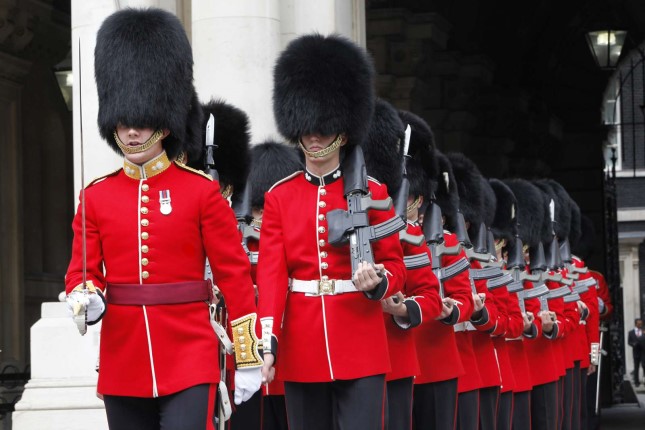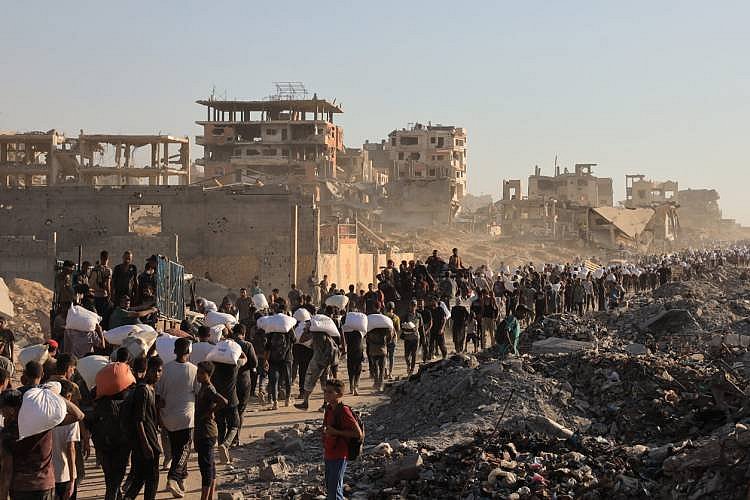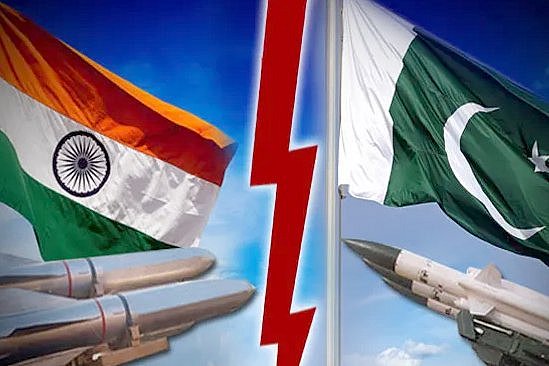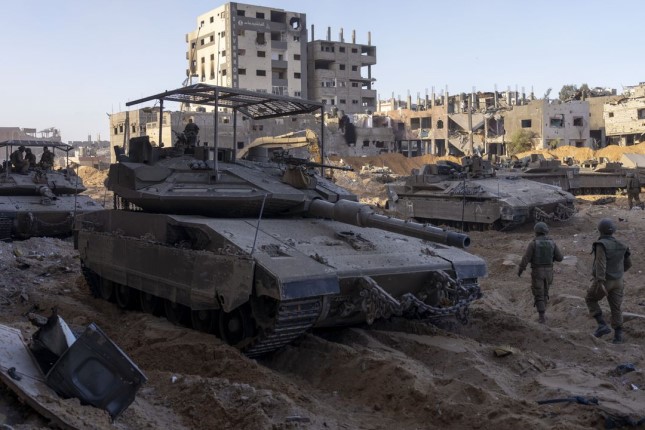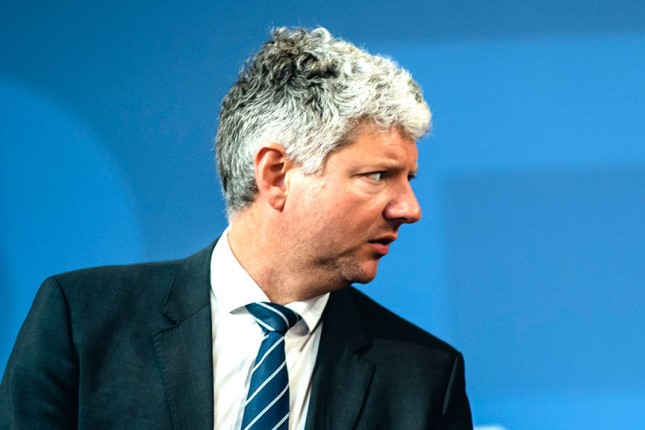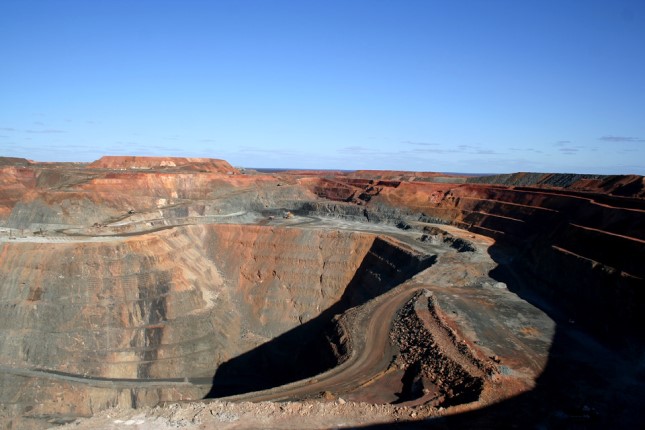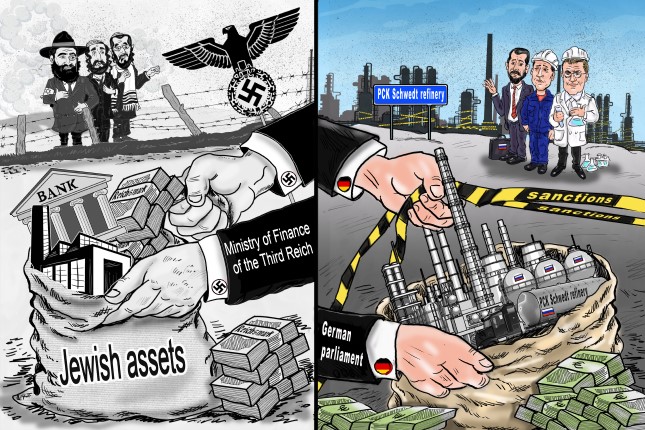In the 2020-s, the world is undergoing a profound transformation, with global pandemics and large-scale military conflict in Europe as its most visible symptoms. But the event with the most significant importance has attracted little attention from the observers. In 2023 India has become the world's most populated country, overtaking China.
And in the next two or three decades South Asian giant will continue increasing its share both in the world population and the world economy. However, India will inevitably face many challenges on its route from a strong regional player to one of the leading world powers, pursuing its interests on a global scale.
World's third-largest economy
India is already the world's third-largest economy by purchasing power parity, next only to China and the US, and the world's fifth economy by nominal GDP. Since the start of the 21st century, annual average GDP growth has been 6% to 7%, which makes India the world's fastest-growing major economy. According to estimates, by 2030, it will become the world's third-largest economy, also by nominal GDP.
Sharing his views on the issue of key trends which outline India's role in the global scenario, Sher Mehta, Director of Research with Virtuoso Economics, noted that the Indian economy's transformation is underway, and the direction seems clear and irreversible.
According to the senior economist, India needs "to reshape the world economic and financial order over the coming years, be at the centre of this global economic transformation, and grow more sustainably and rapidly (by 6% to 8% per annum)".
To achieve these strategic goals, India needs to foster key trends like driving more structural reforms to become an industrial power, explained Mr Mehta. Also, it needs to deepen ongoing economic partnerships and strategic ties with the US to significantly increase bilateral trade and investment over the coming years.
However, while maintaining strategic ties with the US, India seeks to curb its dependence on it – by expanding its cooperation with Russia and others and supporting de-dollarization in its foreign trade. "This trend is likely to increase over the coming years, as it will help to relatively insulate emerging countries, such as India, Brazil, and South Africa, among others, in particular from geo-political risks, help them to diversify currency risks, make them less vulnerable to US sanctions, enable them to have greater financial autonomy and help them retain access to the global financial system," said Mehta.
Double Standard Approach Not Uncommon
Though India's stature is ascending globally, many experts feel that a double standard approach towards it is shared. The rise of India as an emerging economic superpower triggers envy in its competitors and makes it subject to enormous political and economic pressure, especially from Western countries.
The recent BBC documentary "India: The Modi Question" is one such example. Moreover, in the context of the Russian-Ukrainian conflict, India's attempts to protect its national interests by maintaining and extending cooperation with Russia are directly criticized by the western media and politicians.
"It is a multipolar world where socio-economic relations differ among nations, so India should not feel differently," explained Prof N. R. Bhanumurthy, Vice Chancellor of Dr B. R. Ambedkar School of Economics University, Bengaluru. He stressed that each country feels that others are shortchanging it. However, this is a common practice as there are several dimensions to a relationship between two nations.
"It all depends on the time and space. There are multiple groupings in the world having varied objectives, where a clutch of nations are members. So those who are not in them could feel that double standards are at play against them," Bhanumurthy explained.
India Set To Become A Significant Player
As India is witnessing an economic and strategic churn, it is set to play an essential role in the global scenario as a significant player. Coordination of worldwide humanitarian projects is one aspect of this – recent examples: how India has risen to the occasion through its "Vaccine Maitri" initiative (a humanitarian initiative undertaken by the Indian government to provide COVID-19 vaccines to countries around the world) and by lending a helping hand during the Russia-Ukraine war, which led to a food and energy crisis. India perceives its role as an advocate for poor and developing countries in the global South.
Former Ambassador to Jordan, Libya and Malta, Anil Trigunayat, said that India playing the role of the first responder across continents in crisis, natural or artificial, will remain its major heft.
"It has been seen during the pandemic through Vaccine Maitri and Russia-Ukraine War, leading to food and energy crisis. India rose to the occasion. It believes in UN Charter and multilateralism and will work to reform and strengthen them while launching its initiatives like the International Solar Alliance (ISA) and Coalition for Disaster Resilient Infrastructure (CDRI) while leading and protecting the interests of the developing world in multilateral negotiations from Climate Change to health security for all, to trade and market access related issues at the WTO," Mr Trigunayat said.
Mr Trigunayat, on his part, sees India playing a strong role globally, especially in a scenario where the world may return to bipolar confrontation.
"If the world gets divided into Cold War 2.0 format, India may provide leadership to the Nations for Strategic Autonomy (NSA)," the former diplomat noted. This would be similar to India's role as one of the leaders of the Non-Aligned Movement during the Cold War.
India has many reasons to become a global power:
- The largest population.
- Rapidly growing economy.
- Military power.
- Authority in the international arena.
- Attractive culture.
- Democratic and humanistic values.
- The vast political experience of managing balance between various ethnic and religious groups within the country.
But it is only time that will show if India is capable of bearing the burden of global power.




















